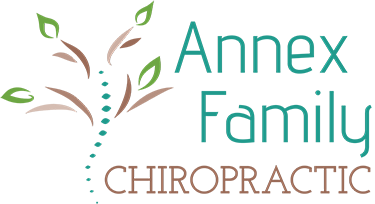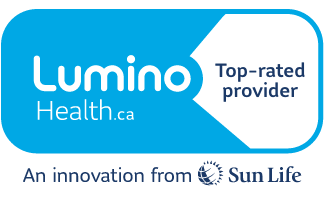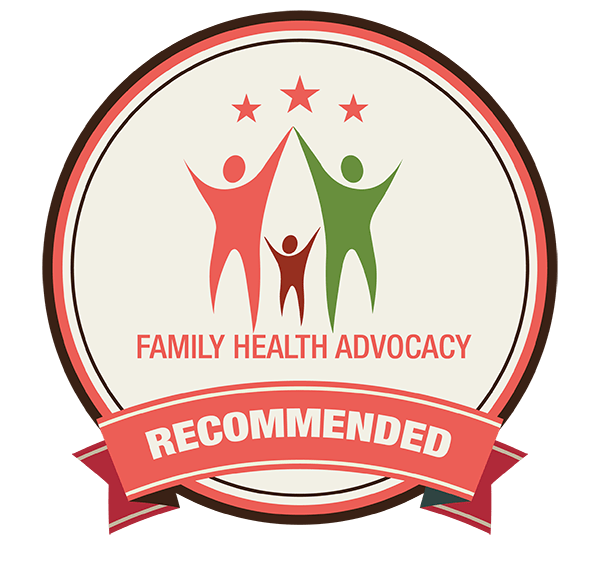Ok, so it’s been a tough few weeks. I’m clear and aware I’m sharing this week from a passionate and emotional headspace, but on the mark based on so many conversations I have with people.
As I’ve been dealing with the dire scenario of my mother-in-law’s illness and passing, I can’t help but be even more preoccupied than usual with thoughts about how to prevent this for all of us, and curious about health and habits.
That last one is truly in my head space right now.
It’s all the lifestyle things we sometimes ignore that can lead to “dis-ease” first, then to full blown disease:
*Acidic foods
*Inflammatory foods
*Low water intake
*Low exercise levels
*Omni-present emotional stress
I’m thinking about me and my family, of course. But more than that I’m thinking about you. I’m desperately wanting you to recognize how damaging these “little” things can be over time. And I’m wanting to help – maybe more than I ever have.
Dis-ease, understood as lack of ease can be a springboard to worse if left unchecked. That means things like emotional stress, headaches, back pain, neck pain, and sleep issues are all early warning signs.
But the real problem is not having a clear picture of what’s “going on with you.”
And one of the most common complaints I hear from people before they become patients is (after everything they may have tried) they still don’t have a clear diagnosis for what ails them. Here’s the point: no treatment can help unless you get the diagnosis right!
Often, patients discover they’ve been treated for the wrong thing.
Before x-ray machines were invented, broken bones, tumors and the location of bullets were all diagnosed by physical examination and a doctor’s best guess. You can bet patients paid the price of these approaches.
All of this is why I’m so insistent on starting with a comprehensive assessment, which includes:
*X-rays (to see your spine and related soft tissues)
*Digital thermal paraspinal imaging (a heat-seeking tool that finds disruptions to nerve function)
*Surface electromyography (can help pinpoint muscle or nerve dysfunction)
*And more
I want to know what’s going on with your nervous system and your structure before I perform treatments of any kind. It’s the only way I can retain a sense of control of the result. The body does the actual healing. But we need to open the way.
Sincerely in health, and this week, healing,
Dr. Josh


